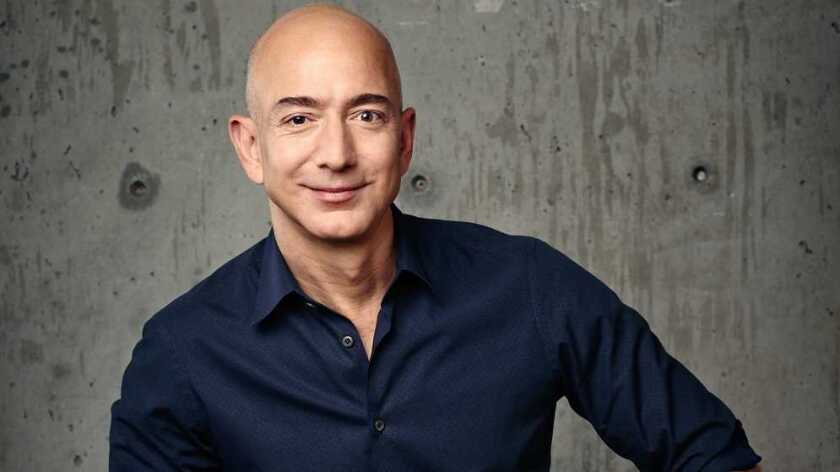Under Project Kuiper, the company will put 3,236 low-earth orbit satellites into orbit to deliver high-speed, low latency internet to any point in the world. Though no timelines or costs have been given for the project, the move is set to drastically shake up the mobile internet business.
Speaking to CNBC, Sam Korus ARK Invest analyst said: "Global internet is a huge opportunity, especially for someone like Amazon with cloud services."
Details of the project were filed with the United Nation’s International Telecommunication Union in March and faces competition from the likes of SpaceX and OneWeb, the latter of which launched its first six low-orbit satellites in February. Other compeitors include Telesat and Boeing.
"We've known for a long time that there is a significant portion of the population that's unconnected," added Chad Anderson, CEO of venture capital firm Space Angels, to CNBC. "Already, there's been a lot of value in connecting these people to the global economy."
Like its competitors, Amazon says that its satellites will connect underserved and rural networks. In a statement, the company said that it wants to provide "connectivity to unserved and underserved communities around the world."
Although according to Korus and Anderson, there is also a strong business case for this move explaining, "If you get everyone access to the internet then you've just doubled your total addressable market for e-commerce, cloud, internet and any other business Amazon wants to do," said Korus.
"You can see the clear profit motive here for Amazon: 4 billion new customers," added Anderson.
The news was also supported a new major hire on Amazon’s part. Rajeev Badyal, SpaceX’s former vice president of satellites, in addition to a number of members of his team are now leading Amazon’s Project Kuiper.
Badyal previously lead the "Starlink" division at SpaceX, which launched its first two test satellites last year.
In a statement to CNBC, an Amazon spokeperson said: "As a matter of company policy we don't comment on personnel. We've brought together an incredibly smart group of experts from across this industry to lead Project Kuiper."





